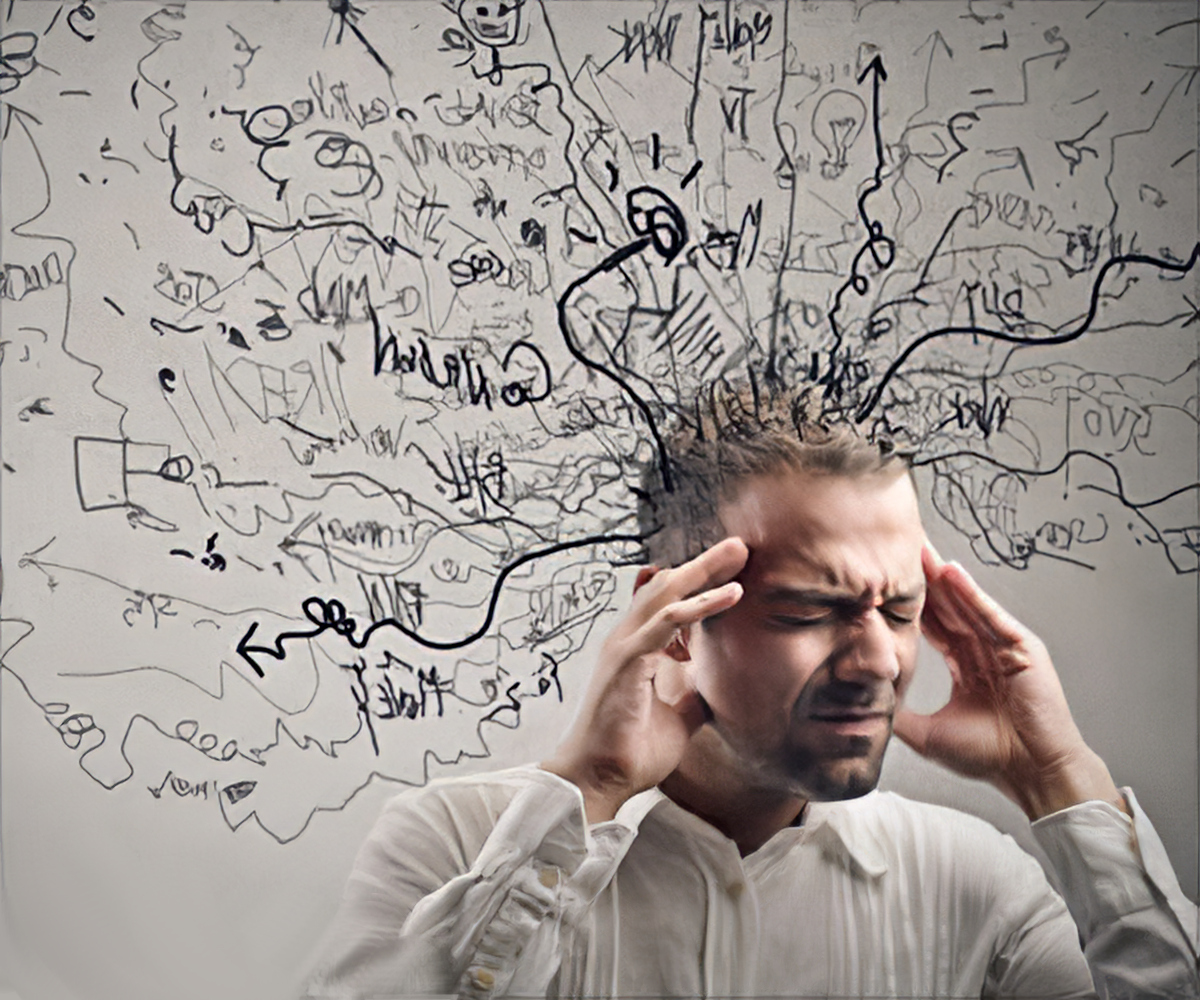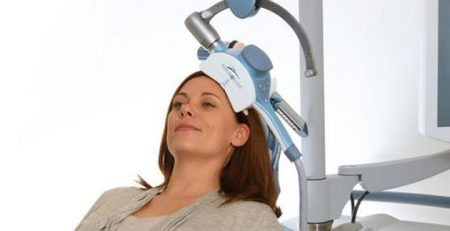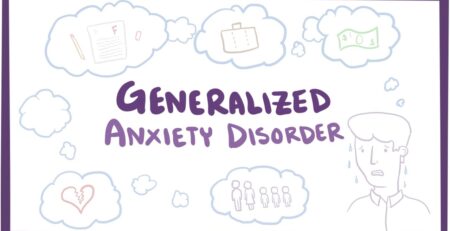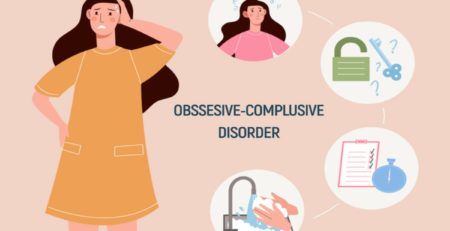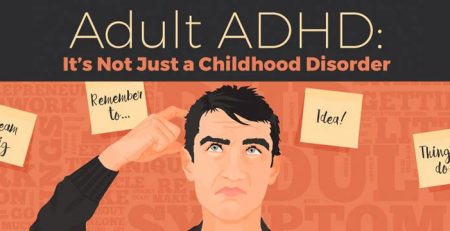Delirium
Delirium, classified as an abrupt change in the brain, causes emotional disruption and mental confusion. It makes it difficult for a person diagnosed with delirium to think, recall, sleep, stay attentive, and more. However, fever can be temporary and treatable.
The Three Types of Delirium
Medical professionals categorize delirium by its cause, severity, and characteristics.
- Delirium Tremens – The severest form of the condition experienced by individuals going through alcohol withdrawal.
- Hyperactive Delirium – This form is classified as being extraordinarily uncooperative and alert.
- Hypoactive Delirium – This form is the most common of the two. Individuals tend to sleep a lot and become careless and disorganized with daily tasks such as missing meals and appointments.
Some individuals may experience a combination of both hyperactive delirium and hypoactive delirium, switching between the two.
Causes of Delirium
Inflammation and infection can hinder the function of the brain, resulting in the person developing delirium. Certain medications to treat illnesses can also cause agitation, and drug abuse is another cause of fever.
Eating or drinking poisonous substances and alcohol withdrawal is responsible for a person developing delirium. Moreover, breathing difficulties or conditions that cut oxygen to the brain can drastically modify the function of the brain, resulting in severe mental confusion.
People at Risk for Delirium
People over 65 or who have developed several health conditions are at a higher risk of developing delirium. Other types of people who are at risk for fever include:
- Certain medications, such as sleeping pills, blood pressure medications, sedatives, and painkillers
- Contributing Factors that Because Delirium Include
- Infections such as urinary tract infection
- Lack of sleep
- People who are under severe emotional stress
- People who experienced conditions that damaged the brain
- People withdrawing from drinking alcohol and drugs
- Poor diet and nutrition
- Surgery patients
Symptoms of Delirium
- Unclear speech and thoughts
- Sleeping poorly or feeling sleepy
- Decreased short-term memory
- Loss of muscle control
The doctor will diagnose a person with delirium if their behavior changes during the day. If hospitalized, they have difficulty paying attention or making sense of what others say and cannot form coherent sentences. The doctor will perform a few tests to check for imbalances, view their family history, and see the symptoms before they diagnose someone with delirium.
Treatment for Delirium:
Delirium is often treated with antipsychotics such as Haloperidol.

